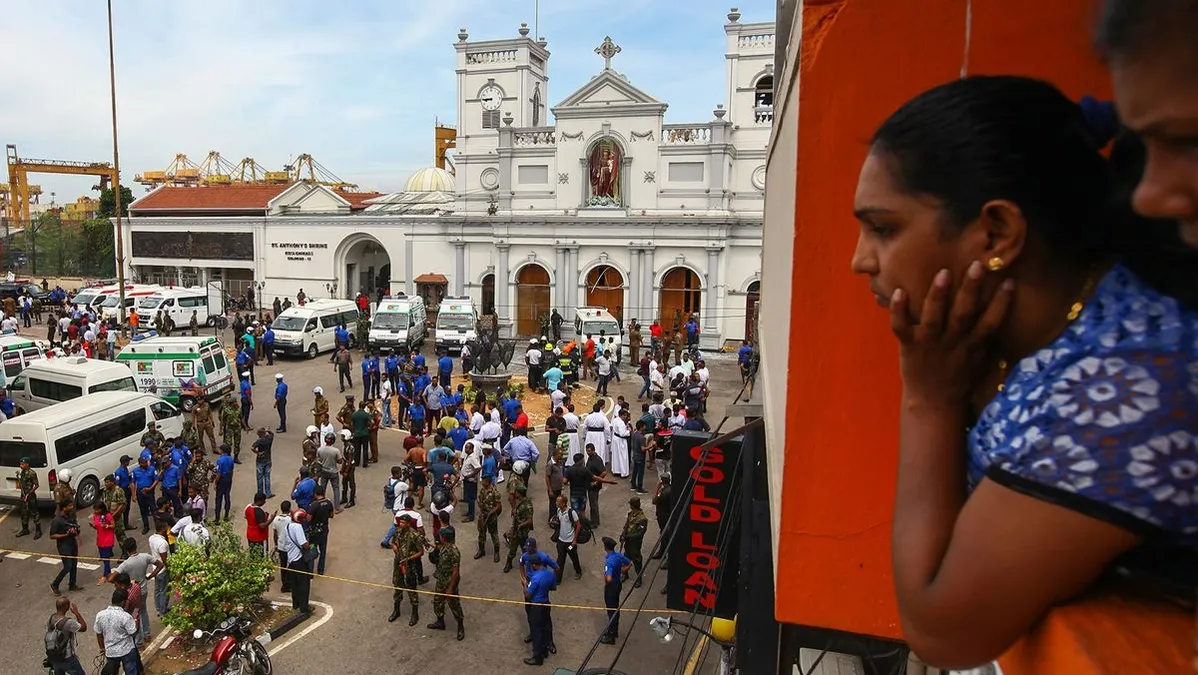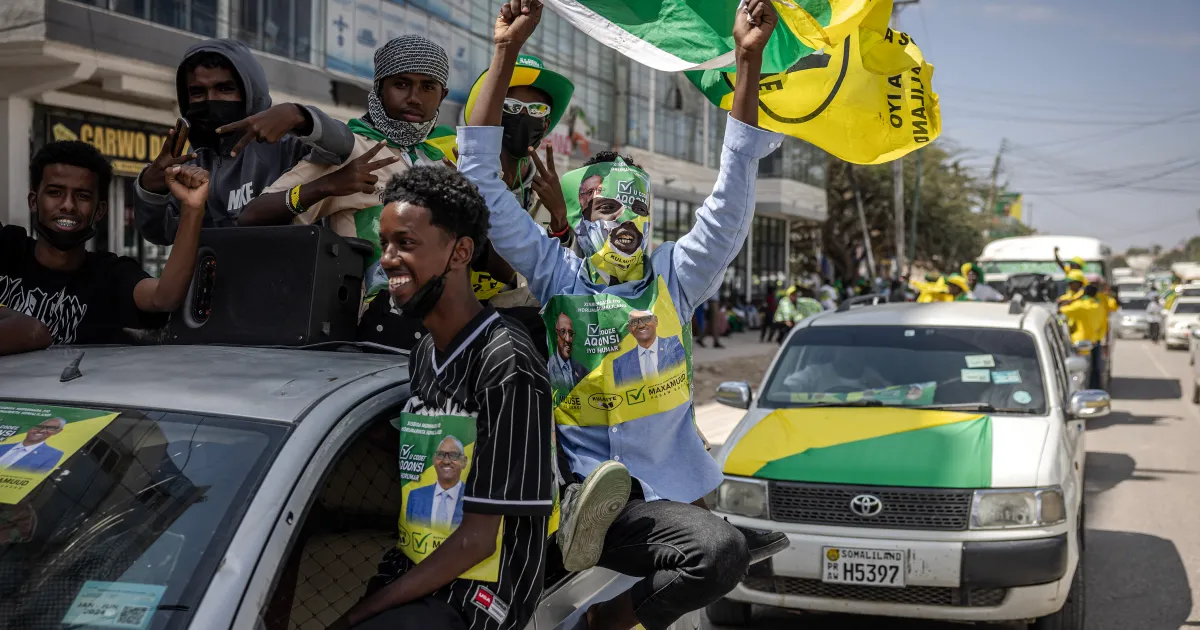In a significant development, Sri Lanka’s lawmakers are poised to vote on a social media regulation bill on Wednesday, a move contested by opposition politicians and activists who claim it could stifle free speech.
The Online Safety Bill proposes the imposition of jail terms for content deemed illegal by a five-member commission, placing accountability on social media platforms such as Google, Facebook, and X (formerly known as Twitter) for content posted on their platforms.
President Ranil Wickremesinghe’s government asserts that the bill is essential to combat cybercrimes, including child abuse, data theft, and online fraud. The voting is expected to take place later in the day, following a day of parliamentary debate after the bill’s introduction.
Public Security Minister Tiran Alles defended the bill, stating on Tuesday, “Sri Lanka had 8,000 cybercrime complaints last year. We all agree that we need laws to address these issues. This is why we are bringing this law.” Alles emphasized that the intention is not to suppress the media or the opposition, and any complaints will be addressed by the commission appointed by the president.
However, concerns have been raised both domestically and internationally. The Asian Internet Coalition (AIC), representing major tech companies including Apple, Amazon, Google, and Yahoo, warned Sri Lanka that the bill, in its current form, could adversely impact investments in the country’s IT industry. The AIC called for extensive amendments to the bill.
Protests unfolded outside parliament on Wednesday, with a small group of activists and opposition members expressing their dissent against the legislation. Lawmaker Eran Wickramaratne of Sri Lanka’s main opposition Samagi Jana Balawegaya questioned the urgency to pass the bill, advocating for a more deliberate approach to significant legislation.
As the vote approaches, the outcome of this legislative move holds implications not only for Sri Lanka’s approach to cybercrime but also for the broader concerns surrounding freedom of expression in the digital age.



